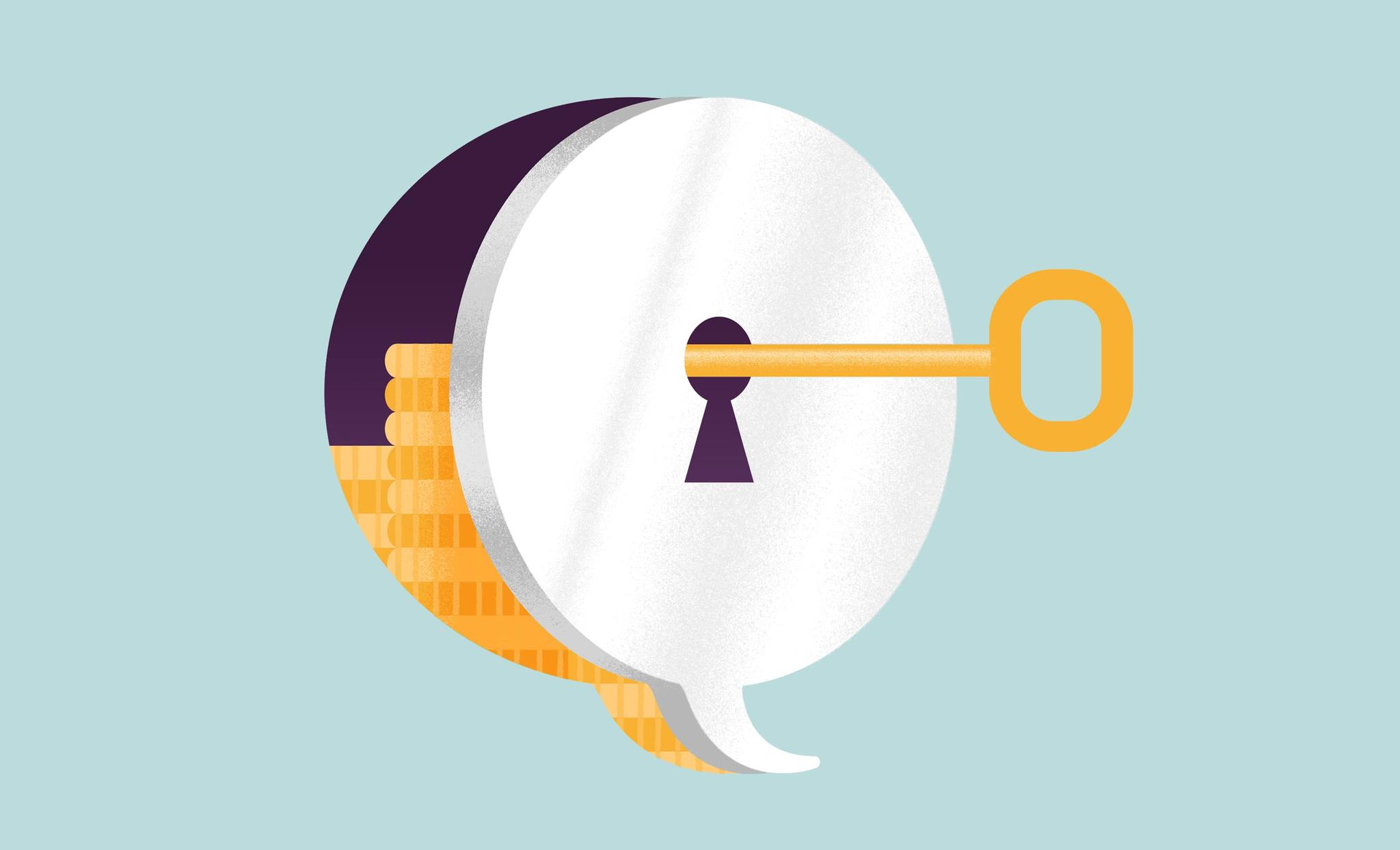
Finance for Humans
What Are These New Financial Regulations Everyone’s Talking About?
Wealthsimple’s money guy tells you everything you need to know about CRM2—and why we think it’ll make you like us more.
Wealthsimple makes powerful financial tools to help you grow and manage your money. Learn more

Sign up for our weekly non-boring newsletter about money, markets, and more.
By providing your email, you are consenting to receive communications from Wealthsimple Media Inc. Visit our Privacy Policy for more info, or contact us at privacy@wealthsimple.com or 80 Spadina Ave., Toronto, ON.
This is the latest installment of our “Ask Wealthsimple" series, where our financial guru Dave Nugent helps you navigate the world of investing.
I know very little about CRM2 except that it’s an acronym for the Client Relationship Model Phase 2, a law that goes into effect in July 2016. Let’s start here: Is the fact that I know nothing about CRM1 a problem? Is it like watching Game of Thrones—do I need to know what happened in CRM1 before moving on to CRM2 in order not to be lost?
No, it’s not like GoT. Here’s the deal: The Canadian government enacted regulations called CRM, and their purpose is to make the financial industry less opaque. They’ve legislated for better communication and transparency so you know more about the fees you’re paying and how your money is performing. Since CRM1 was implemented in 2013, you may have noticed some differences in how things work with your financial advisor. For example, if you bought a mutual fund since then, your advisor should have disclosed the fees that you were going to incur. Extra stuff, like trading charges, advisor commissions, that sort of thing.
So the law dictated all that information could be disclosed in a phone call? Could the advisor just whisper or talk really quickly like they do at the end of car commercials so you wouldn’t understand how much of a fee he was taking?
Yeah, in fact it was a big problem. It wasn’t clear exactly how regulators could monitor whether— and how—this information was disclosed. It was difficult to determine whether these disclosures were actually happening. That’s why CRM2 is so important. With CRM2, advisors will now be required to include a page that details what’s called the commissions and compensation you’ve paid for investing and advice. For the very first time, you’re going to actually see in black and white how much you’ve been paying in fees. Another thing CRM2 does is require your investment firm to give you more information about your returns. Believe it or not, up until now, there’s been no legal requirement to show the performance of your investments.
I’ve learned that behind every silver lining in financial news looms a dark cloud. What’s the bad news here?
Well, it’s actually all good news for the client. But obviously it’s bad news for the bad advisors out there. They’re finally going to have to justify why they’ve been charging outrageous fees. Gone are the days when an advisor could put a client into a mutual fund and never speak to them again. Now advisors are actually going to have to demonstrate value. Otherwise they’re going to be in trouble. A lot of people are going to leave their advisors because they’re going to say, “Why am I paying this person to do nothing for me.”
I found a pamphlet online that the Bank of Montreal sent out to their advisors to prepare for CRM2. It instructed them to anticipate questions clients may ask, like, “Why are my fees so high?” and “Why did you make more money on my investments than I did last year?” Are there any good answers to these questions?
Well, at the end of the day, the advisors who add value won’t have to worry about those questions because they’re earning their keep. Many good advisors are looking at this as a massive opportunity to capitalize on what’s called money in motion, people leaving their advisors over these fees. At Wealthsimple, we see CRM2 as providing a great tailwind for what we’re doing: Any time people understand exactly what they’re paying in fees, we benefit. We’re looking forward to welcoming all those people who realize they’re tired of paying too much.
Please don’t take this the wrong way Dave, but CRM2 is not the most scintillating topic you and I have ever discussed. We’re not going to be talking about CRM189 in a couple of years, are we? Is CRM2 pretty much the end?
Nothing is planned at this point, but I would say that we’re probably going to see more. Given what’s happening in the States and the U.K. around issues of transparency, I think that you’re going to continue to see this movement here toward putting the clients, the advisor, and the banks all on the same page. It may not be super-exciting to talk about, but at the end of the day, it’s good for you!
OK. But given that CRM2 bores me to tears, tell me exactly how I do what’s smart but think about it as little as possible.
Check your statement once a year. You’ll see the fees that you’re paying and the performance you’ve received. At that point, you’ll be able to make a decision about whether it’s worth the fees that you’re paying to an advisor to manage your money. If the answer is yes, fantastic. If the answer is no, then you’ve got to make some hard decisions and possibly make changes.
I’m not big on confrontation. If I’m getting killed on fees, what should I tell my advisor in order to get my money over to Wealthsimple?
You actually don’t need to have that conversation at all if you don’t want to. You can call our support line or just go online, sign up and transfer the money electronically in 15 minutes. The financial institution you’re leaving will charge you a so-called “transfer out” fee, but luckily Wealthsimple, like most firms, will reimburse you for that fee.
That’s beautifully passive aggressive. If my money is already invested with Wealthsimple, will CRM2 disrupt my life at all?
No, it doesn’t change anything at all if you’re already with us. We’ve always been all about transparency here. So it will be steady as she goes.
Wealthsimple's education team is made up of writers and financial experts dedicated to making the world of finance easy to understand and not-at-all boring to read.









